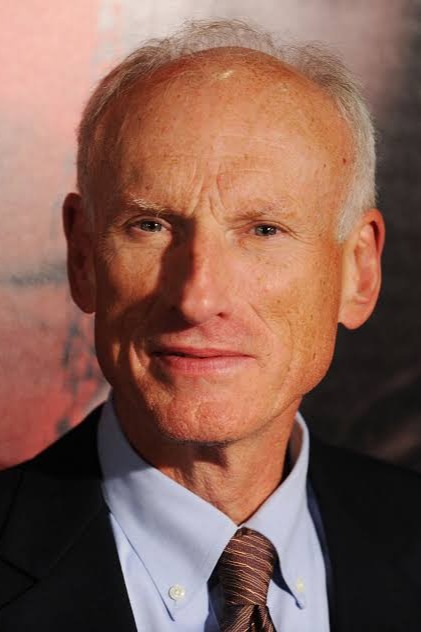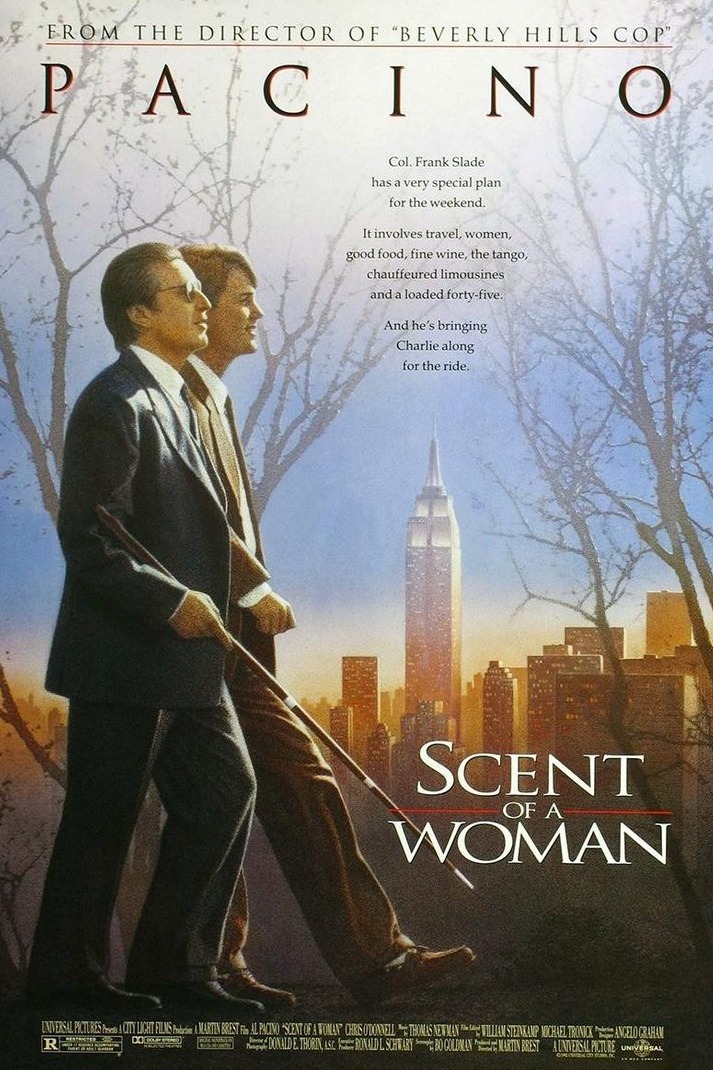
Personal info
Known for
Actor
Gender
Male
Birthday
01 September
Location
Pennsylvania, United States
Edit pageJames Rebhorn
Biography
James Robert Rebhorn was a distinguished American character actor, born on September 1, 1948, in Philadelphia, Pennsylvania. He grew up in Indiana and later attended Wittenberg University in Ohio, where he studied political science. Drawn to the stage, he earned a Master of Fine Arts in acting from Columbia University, launching a long and varied career in theater, television, and film. Rebhorn passed away on March 21, 2014, at the age of 65, after a long battle with melanoma.
Career:
James Rebhorn's career spanned over four decades, and he became one of Hollywood’s most recognizable character actors, often portraying authoritative, intellectual, or morally ambiguous figures. He appeared in over 100 films and television shows, earning a reputation for his subtle, commanding screen presence.
In film, Rebhorn is perhaps best remembered for roles in major titles like Scent of a Woman (1992), Independence Day (1996), The Game (1997), My Cousin Vinny (1992), and Meet the Parents (2000). His ability to convincingly portray lawyers, politicians, doctors, and bureaucrats made him a favorite among casting directors.
On television, he held recurring roles in acclaimed series such as Law & Order, The Practice, Boston Legal, and White Collar. One of his most notable late-career roles was as Frank Mathison, the father of Claire Danes’ character on Showtime’s Homeland, a role that showcased his emotional depth and subtlety.
In addition to screen work, Rebhorn was also a seasoned stage actor, performing on and off Broadway in productions including I'm Not Rappaport, Twelve Angry Men, and Prelude to a Kiss.
Legacy:
James Rebhorn left behind a rich legacy as one of Hollywood’s most dependable and versatile character actors. Rarely a leading man but always a vital presence, he brought intelligence, gravitas, and humanity to every role he played. In a moving gesture, Rebhorn wrote his obituary shortly before his death, a final testament to his reflective nature and understated eloquence.


